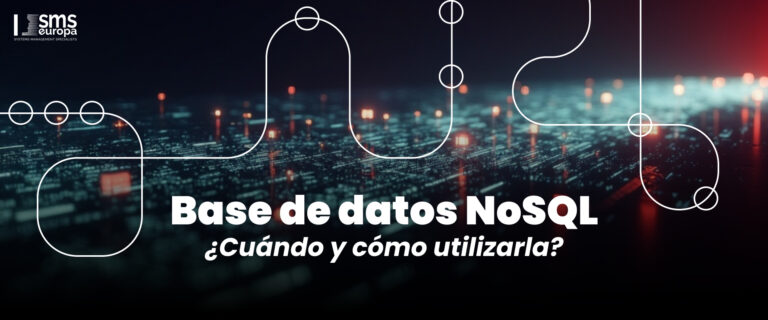In today’s dynamic business world, the ability to adapt quickly to change is crucial. This is where NoSQL databases come into play, offering a flexible and scalable alternative to traditional relational databases.
What exactly are NoSQL databases? Unlike their relational counterparts, which organize data in tables with rows and columns, NoSQL databases use more flexible data models, such as documents, graphs or key-value pairs. This flexibility allows companies to store and manage unstructured or semi-structured data, such as social media posts, sensor data or multimedia content.
Advantages for companies:
- Scalability: NoSQL databases can scale horizontally, which means they can handle large volumes of data and traffic by distributing the load across multiple servers. This is especially useful for companies with constantly growing data needs.
- Flexibility: The flexibility of NoSQL data models allows companies to quickly adapt to changing data requirements without having to redesign the entire database.
- Performance: NoSQL databases can offer superior performance for certain workloads, such as web and mobile applications that require fast access to large volumes of data.
- Agility: The combination of scalability, flexibility and performance enables companies to be more agile and respond quickly to new opportunities and challenges.
Use cases:
NoSQL databases are ideal for a wide range of business applications, including:
- Web and mobile applications: To manage large volumes of user data and user-generated content.
- E-commerce: To store and manage product, customer and transaction data.
- Internet of Things (IoT): To collect and analyze data from sensors and connected devices.
- Social networks: To manage user profiles, publications and connections.
- Real-time analytics: the analysis of large volumes of data, from multiple sources, and their corresponding analysis in real time.
In short, NoSQL databases offer enterprises the flexibility, scalability and performance needed to thrive in today’s digital landscape. By choosing the right database for their needs, companies can improve agility, drive innovation and gain a competitive advantage.
If you want to know how to implement a NoSQL database in your company, contact us!

